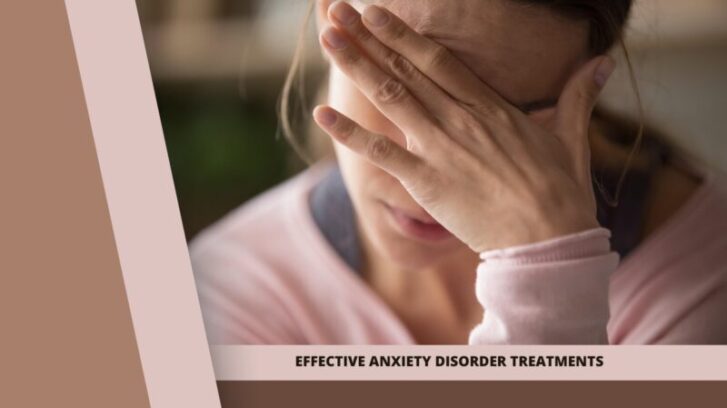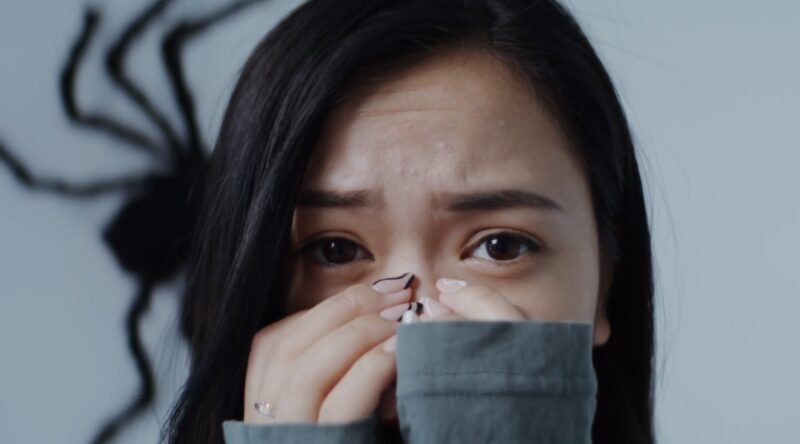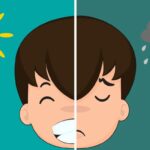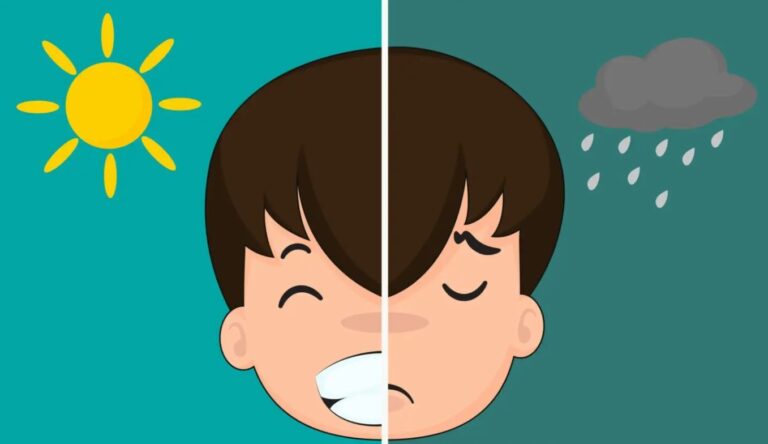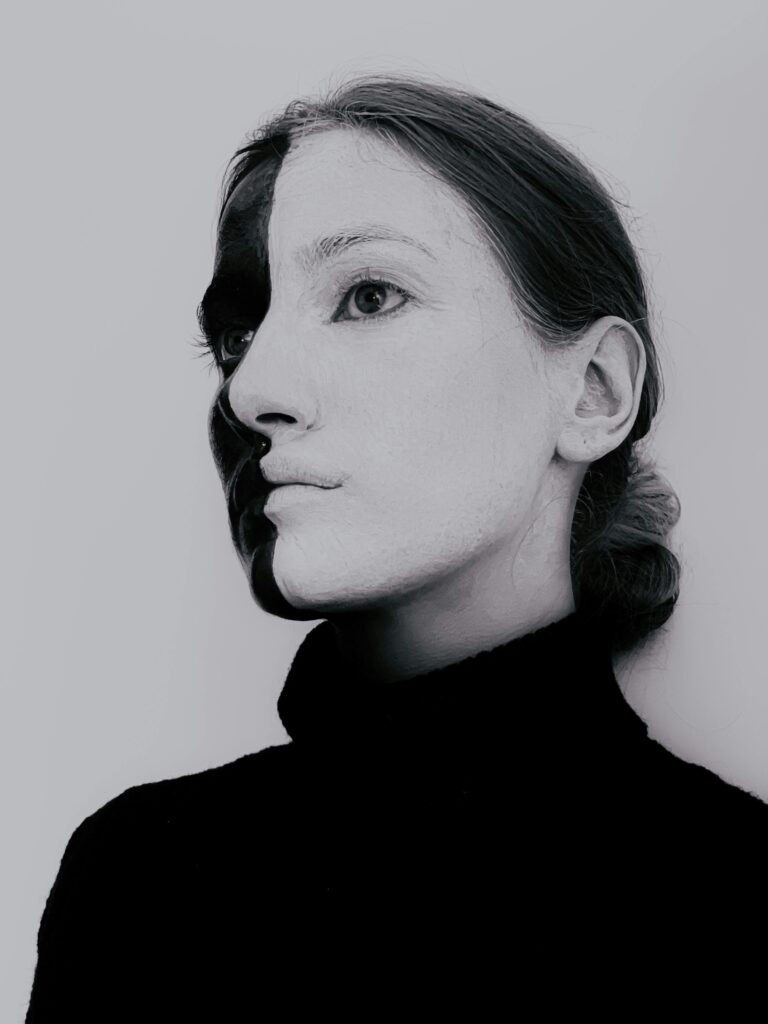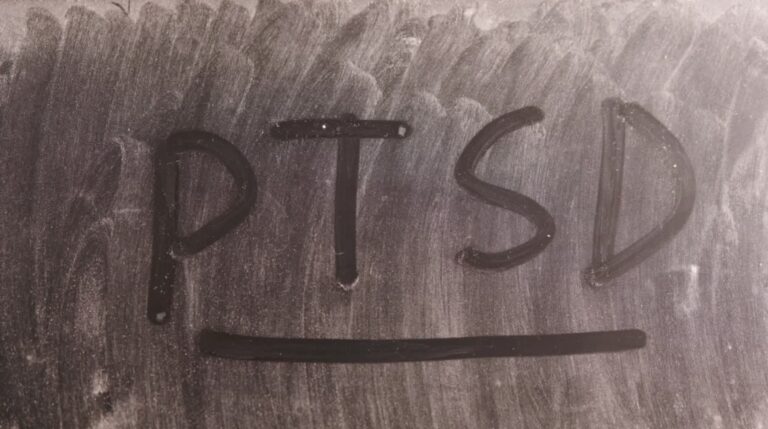A term we’re all too familiar with. We all experience it from time to time, perhaps before a big presentation or when we’re trying to meet a pressing deadline. But when it crosses the line from being a typical reaction to stress, becoming a chronic and overpowering presence in your life, it’s likely you’re dealing with an anxiety disorder.
it is not uncommon. In fact, they are the most common type of mental disorder worldwide. As per the World Health Organization (WHO), they affect around 264 million people globally.
In this blog post, we will delve into what anxiety disorders are and the various methods of treatment. Even if you are new to the concept of anxiety, don’t worry. We will break it all down for you.
Before we move on to treatment options, it’s crucial to understand what we’re dealing with. Anxiety disorders are a group of mental health conditions that lead to excessive fear, anxiety, or distress. They can manifest in many ways, from specific phobias and social anxiety to generalized disorder (GAD) and panic disorder.
Contrary to popular belief, it’s not just an “overreaction”. It’s a genuine and serious condition that can interfere with a person’s daily life.
Treatment Options
Now that we know what an anxiety disorder is, let’s look at how to manage it. Treatment can be broadly divided into two categories: psychological treatments (therapy) and medical treatments (medication).
Psychological Treatments
1. Cognitive Behavioral Therapy (CBT)
One of the most common and effective treatments for anxiety disorders is Cognitive Behavioral Therapy. CBT is a structured psychological treatment that recognizes that the way we think (cognition) and act (behaviour) affects the way we feel.
It’s like mental detective work – you and your therapist work together to identify the patterns of thinking and behavior that are causing you distress, and then you learn new ways to approach these situations.
2. Exposure Therapy
This type of therapy is particularly useful for people with specific phobias or obsessive-compulsive disorder (OCD). It involves gradually and safely exposing you to the situation or object that you fear, to help you develop coping mechanisms.
Medical Treatments
1. Antidepressants
Even though the name suggests that these are for depression, antidepressants can also be highly effective in treating anxiety disorders. They help balance chemicals in your brain that affect mood and emotions.
2. Benzodiazepines
Benzodiazepines are sedative medications that can help relieve the symptoms of anxiety by reducing the intensity of anxiety attacks. However, they should be used with caution, as they can lead to dependence over time.
Taking the First Step
If you’re struggling with an anxiety disorder, remember that you’re not alone. Many resources and treatments are available. The first step is reaching out to a healthcare professional who can guide you through the process. They can help you decide the most suitable treatment option based on your specific needs and circumstances.
Anxiety disorders, like many other mental health conditions, are not a sign of weakness. They are a sign of being human, living in a complex and often stressful world. Reach out, speak up, and remember, seeking help is the greatest testament of strength.
Lifestyle Changes
Although professional treatment is paramount, adopting healthy lifestyle changes can also significantly support your journey to overcome anxiety disorders.
Physical Exercise
Physical activity plays a crucial role in reducing anxiety. According to the Anxiety and Depression Association of America, regular exercise can help ease symptoms and improve mood. When we exercise, our bodies release endorphins, often referred to as ‘feel-good’ hormones.
Additionally, regular physical activity can also enhance your sense of well-being by improving sleep and self-confidence.
Mindful Practices
Mindfulness and meditation are techniques that involve focusing your mind on the present moment. They can reduce the symptoms of anxiety by teaching you how to break away from negative thought patterns. There are several apps and online resources available to help you incorporate mindfulness into your routine.
Balanced Diet
A balanced diet is another essential aspect of managing. Research has shown a link between diet and mental health. A diet rich in whole grains, lean protein, fruits, vegetables, and omega-3 fatty acids can help manage symptoms.
Often, anxiety disorders don’t exist in a vacuum. They may co-occur with other mental health conditions such as depression or substance use disorder. This can complicate the treatment process, necessitating a comprehensive approach that addresses all conditions simultaneously.
How Technology Can Help
Advancements in technology are playing an increasingly important role in treating anxiety disorders. Digital tools like apps and online programs can provide convenient, accessible, and often affordable means of treatment.
Teletherapy
This involves therapy sessions conducted over the phone or through video calls. It provides an alternative for those who may not be able to access in-person therapy due to geographical limitations or a busy schedule. Studies have shown that teletherapy can be just as effective as in-person therapy.
Mental Health Apps
There are a plethora of mental health apps designed to help manage anxiety disorders. They offer features such as guided meditations, breathing exercises, and even CBT-based tools. While these apps are not a substitute for professional treatment, they can be a valuable addition to your treatment plan.
FAQs
What are some common symptoms of anxiety disorders?
- Excessive, ongoing worry and tension
- Feeling restless or on edge
- Difficulty concentrating
- Irritability
- Sleep disturbances
- Shortness of breath
- Rapid heartbeat
- Trembling or shaking
How does stress differ from a disorder?
Stress is a natural response to a perceived threat or challenge. It usually subsides once the stressful situation is resolved. On the other hand, an anxiety disorder involves persistent and excessive worry that doesn’t go away and can even worsen over time. It can interfere with daily activities and relationships.
Is there a genetic predisposition to anxiety disorders?
It can run in families, suggesting a genetic link. However, having a family member with an anxiety disorder doesn’t guarantee you’ll have one. It’s likely a combination of genetic and environmental factors.
Can children and teenagers have disorders?
Absolutely. Disorders affect people of all ages, including children and teenagers. In fact, according to the National Institute of Mental Health, in the U.S., about 8% of teens ages 13-18 have an anxiety disorder. It’s crucial to recognize and address anxiety disorders in young people to prevent potential impacts on academic performance, social interaction, and overall quality of life.
Can disorders completely go away with treatment?
Treatment can significantly help manage symptoms and improve quality of life. Some people might experience a complete remission of symptoms over time, while others might always have some level of anxiety. The goal of treatment is to manage symptoms and enable individuals to function effectively in their daily lives.
Are there any natural remedies that can help manage symptoms?
Some natural remedies, like herbal supplements (e.g., chamomile, lavender, valerian root) and techniques like yoga, acupuncture, and massage, can help some people manage their anxiety symptoms. However, their effectiveness can vary significantly, and they should never replace professional treatment. Always consult with a healthcare provider before starting any new treatment regimen.
How do alcohol and caffeine intake affect anxiety?
While alcohol and caffeine might seem like they temporarily relieve anxiety, they can actually worsen it over time. Alcohol can interfere with sleep and lead to increased anxiety as its effects wear off. Caffeine can trigger anxiety symptoms due to its stimulating effects.
Wrapping it Up
In essence, dealing with anxiety disorders is not a one-size-fits-all journey. It involves a personalized and multi-pronged approach, encompassing professional treatment, lifestyle changes, and the support of loved ones.
Despite the challenges, it’s important to remember that anxiety disorders are treatable, and with the right help and resources, one can navigate through the fog of anxiety into a brighter, healthier future.
Related Posts:
- Can Anxiety Have Fatal Consequences? An In-Depth Look
- What is Anxiety? Causes, Symptoms, and Treatment
- How Mental Health Counseling Helps with Anxiety -…
- What is Schizoaffective Disorder? Causes, Symptoms,…
- What is Bipolar Disorder? Causes, Symptoms, and Treatment
- High Functioning Bipolar Disorder - How It Affects…

